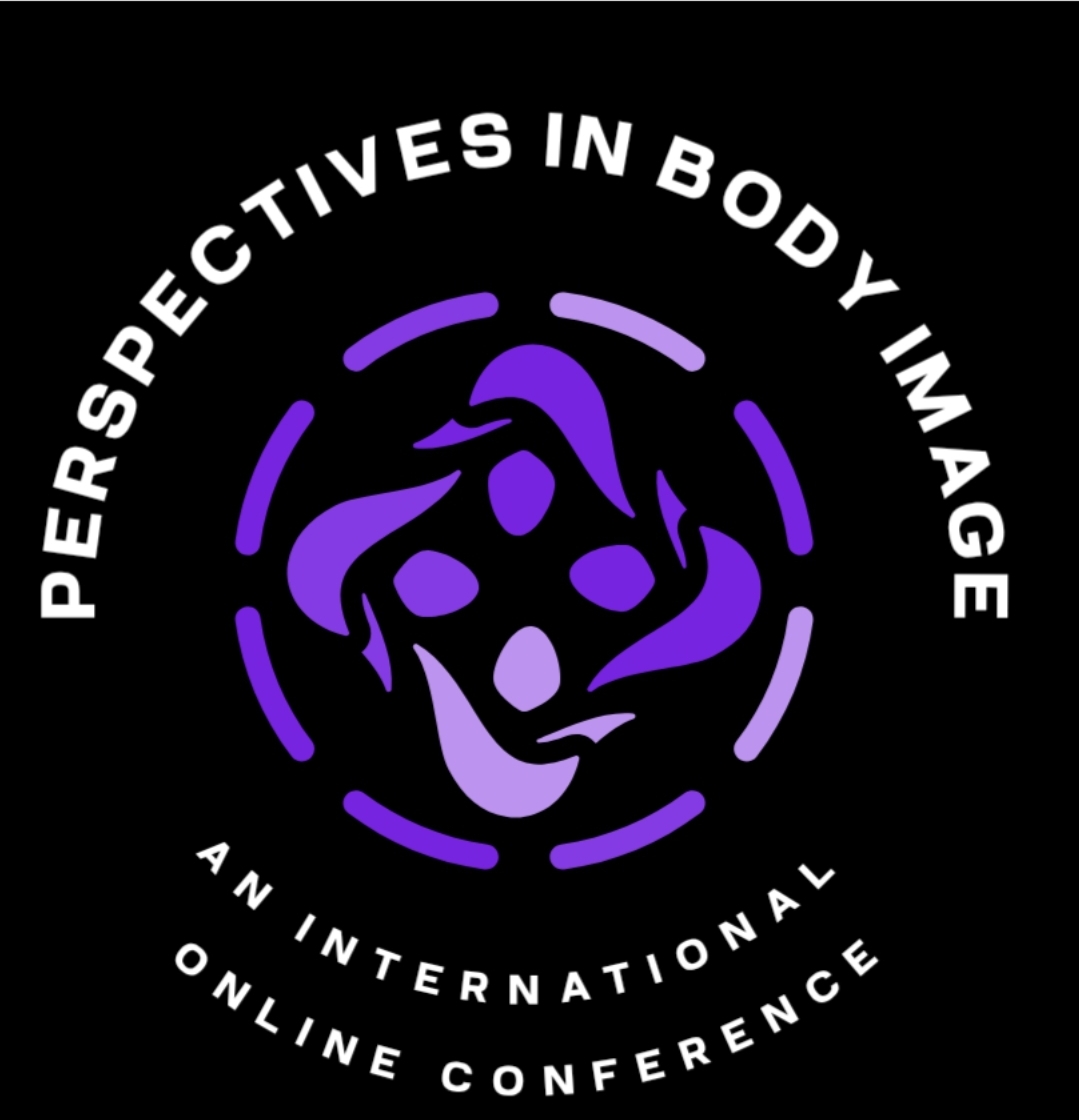Keynote speakers

Keynote Speakers
Professor Anne Becker, Harvard University

Anne E. Becker, MD, PhD, SM is Dean for Clinical and Academic Affairs, Maude and Lillian Presley Professor of Global Health and Social Medicine, and Professor of Psychiatry at Harvard Medical School.
A medical anthropologist and psychiatrist, Dr. Becker’s areas of scholarly focus include the social and cultural mediation of eating pathology, social barriers to care for mental disorders, and the advancement of training and innovation in global mental health. She has led investigations of the impact of rapid social transition on eating pathology in Fiji’s indigenous iTaukei population, is author of Body, Self, and Society: The View from Fiji (University of Pennsylvania Press) and co-editor of Global Mental Health Training and Practice: An Introductory Framework (Routledge).
Dr. Becker received her AB, MD, PhD (in anthropology), and SM (in epidemiology) degrees from Harvard and completed her internship, residency, and fellowship at Massachusetts General Hospital, where she also continues on the professional staff. Dr. Becker is founding and past Director of the Eating Disorders Clinical and Research Program at Massachusetts General Hospital, former vice chair of the Harvard Medical School Department of Global Health and Social Medicine, and past president of the Academy for Eating Disorders. She served as a member of the American Psychiatry Association’s DSM-5 Eating Disorders Work Group; she is former associate editor for global initiatives of the International Journal of Eating Disorders and past co editor-in-chief of Culture, Medicine and Psychiatry. She is also a past recipient of the Price Family Award for Research Excellence from the National Eating Disorders Association and the Leadership Award in Research from the Academy for Eating Disorders.
Reshaping the narrative linking culture, body image, and disordered eating: Lessons from Fiji
Epidemiologic data suggest that eating disorders now have global reach and also that their prevalence may be rising in regions of the Global South. These findings seem to align with an overarching narrative that links elevated risk to exposure to and engagement with products, practices, and body shape ideals associated with a widely circulating “culture of modernity.” Although this prevailing narrative has held substantial explanatory appeal, it is also freighted with ethnographic assumptions. In that respect, there is an opportunity to unpack it and raise questions that can potentially illuminate a broader scope for understanding the pathogenesis of body dissatisfaction and disordered eating. Among these questions, is whether universalizing criteria for eating disorders serve all populations adequately well in identifying a full range of locally salient presentations? How do cultural norms configure the body as a project—or not—and motivate or constrain self-agency in weight management? And, further, how do social structural forces impose pragmatic realities that overwrite or reshape how values are embodied and forged as body ideals? In this presentation, ethnographic and epidemiologic study findings from Fiji’s iTaukei community over a period of rapid social and economic change will be discussed as a platform for critiquing the limitations of this well-accepted, but still rather unidimensional, narrative and exploring opportunities to augment our understanding of how body shape ideals, body experience, and local cultural logics might moderate risk across diverse social contexts.
Professor Tracy Tylka, Ohio State University

Dr. Tracy Tylka, Ph.D., is a Professor within the Department of Psychology at the Ohio State University and Fellow of the Academy for Eating Disorders who focuses her research attention on identifying, assessing, and understanding both adaptive and maladaptive body image and eating behaviors. She has served as the Editor-in-Chief of Body Image: An International Journal of Research since 2018 and was an Associate Editor for this journal from 2009-2017. She has published extensively in the field, writing and/or co-editing eight books, including the Handbook of Positive Body Image and Embodiment, Handbook of Body Image, Handbook of Body Image-Related Measures,and Positive Body Image Workbook: A Clinical and Self-Improvement Guide. Additionally, she has published dozens of chapters and over a hundred theoretical and empirical articles. Her most valued accomplishments include her collaborations with colleagues to develop scales such as the Body Appreciation Scale-2 (BAS-2), Intuitive Eating Scale-3 (IES-3), Body Acceptance by Others Scale-2 (BAOS-2), Male Body Attitudes Scale (MBAS), and Interpersonal Sexual Objectification Scale (ISOS).
Positive body image: Twenty years of advances and charting paths forward
Within the past 20 years, the study of positive body image has germinated, broadened, and flourished. Positive body image is now identified as a ‘research front’ in the body image field, being a topic that has received an extensive amount of scholarly interest and attention. Yet, perhaps due to its multidimensionality, positive body image is often misunderstood, which may have deleterious implications for how it is studied, framed, and conceptualized in both research and practice. In the first half of this keynote, I will break down “what is positive body image,” providing an updated definition from when it was last defined in 2015 and using 20 years of advances in research to support this definition. In this presentation, I will also highlight common misunderstandings of positive body image to further contribute to the nuanced understanding of the construct. In the second half of the keynote, I will turn to “what is next for positive body image” by providing my vision of several fruitful, novel, and important avenues for positive body image research that can be advanced from this point forward.
